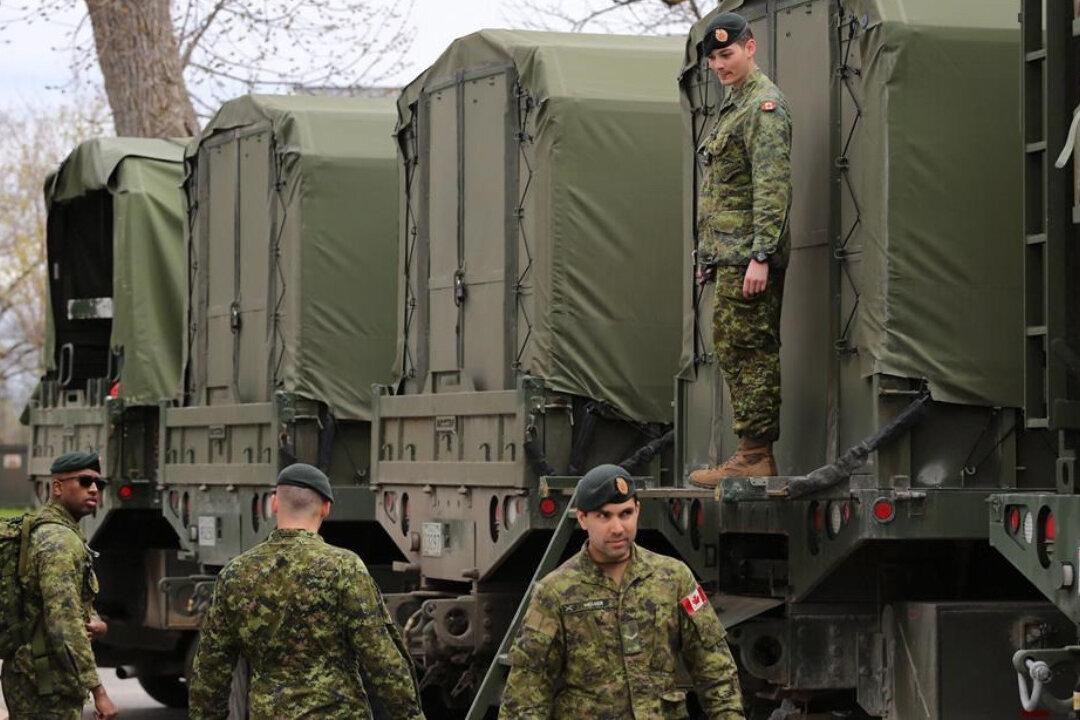With Canadian courts repeatedly siding against challenges on COVID-19 mandates throughout the pandemic, will the outcome be any different for the nearly 330 Canadian Armed Forces (CAF) members who recently filed a $500 million class-action lawsuit against the military over the issue?
Allison Pejovic, a senior lawyer and assistant litigation manager for Charter Advocates Canada, says what’s different about this case is a series of recent rulings by the Military Grievances External Review Committee. The independent military administrative tribunal found that the CAF’s vaccine mandate violated the Section 7 charter rights of service members who refused vaccination, by infringing on their right to liberty and security of the person.





